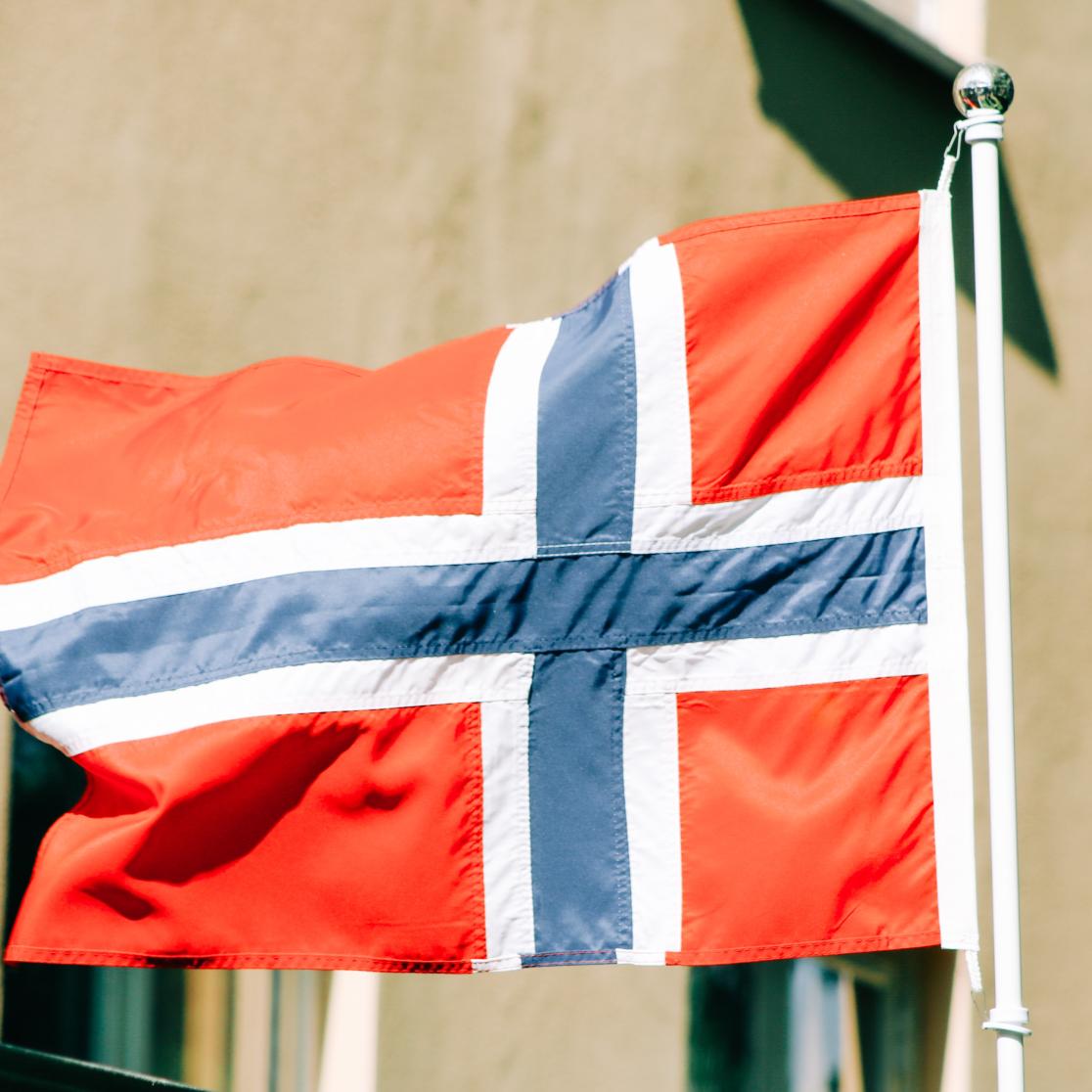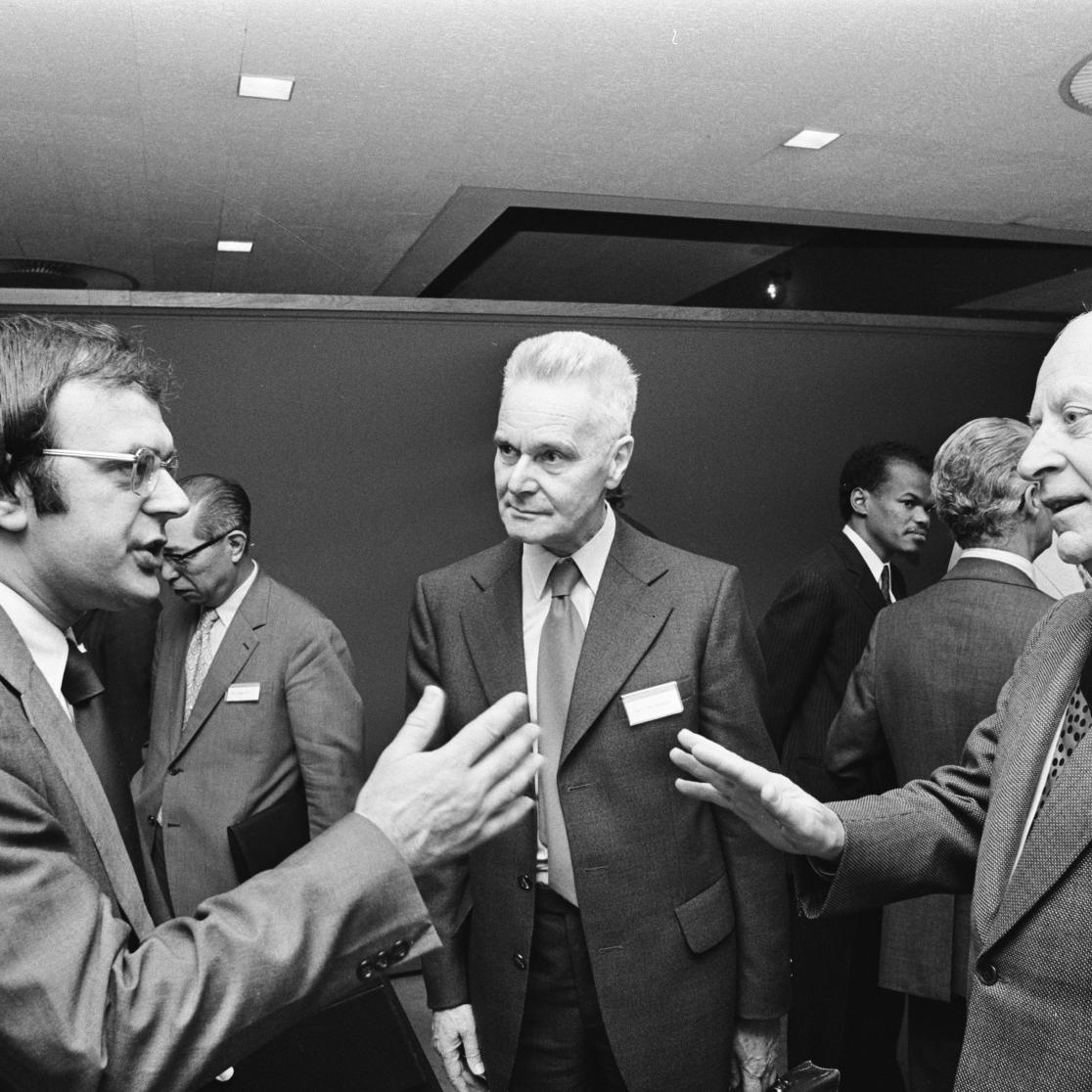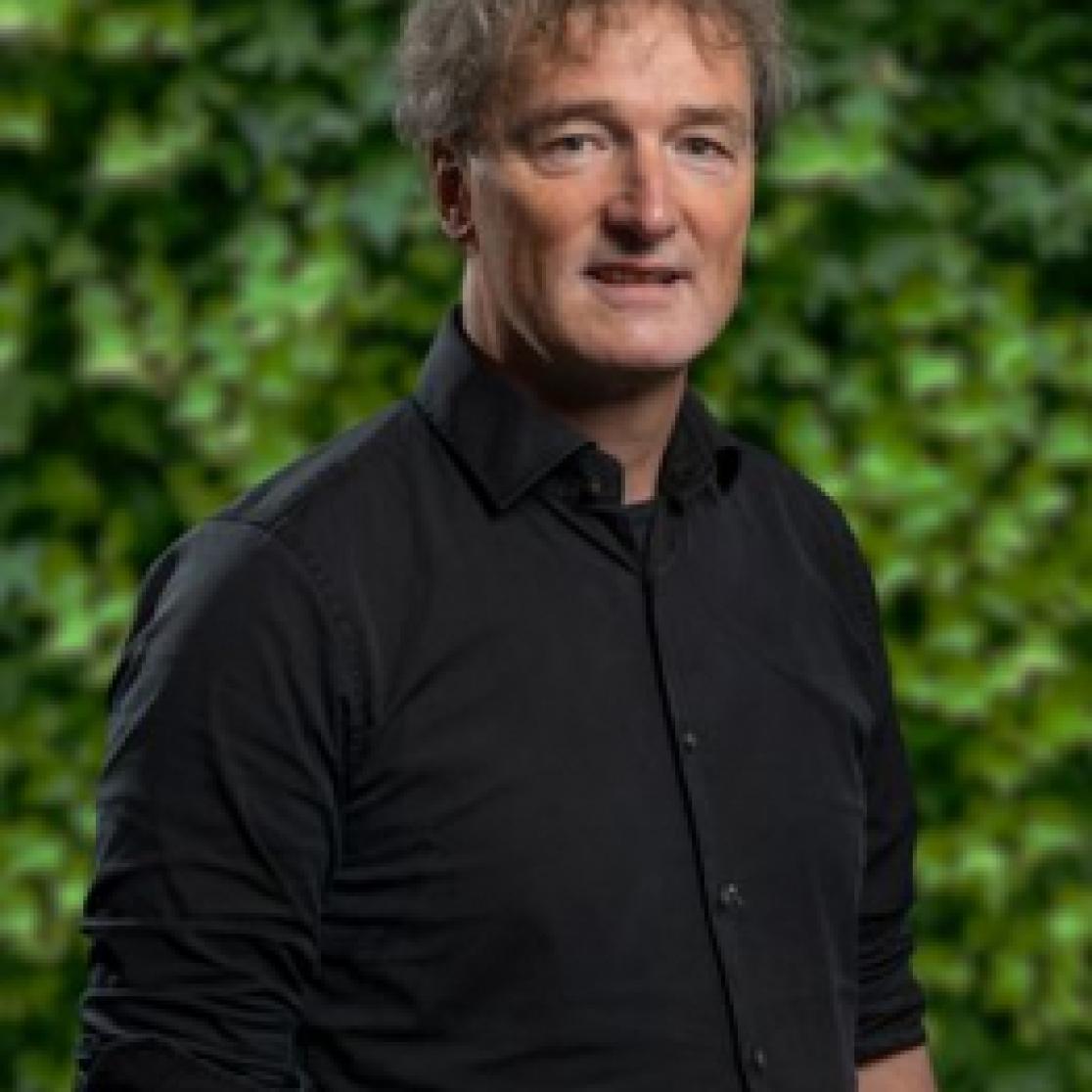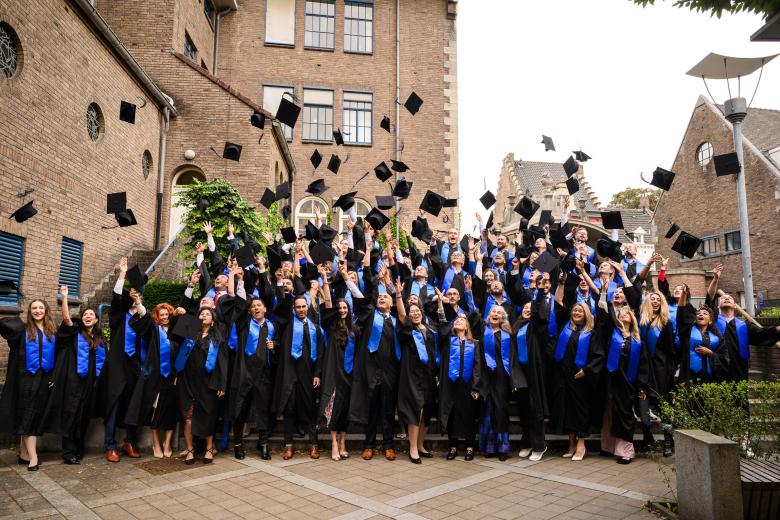Bauer proposes a bold change for world’s largest sovereign wealth fund
The Norwegian Ministry of Finance regularly asks experts for a thorough analysis of the Norwegian Oil Fund. Last year, Rob Bauer, professor of Finance at the School of Business and Economics and holder of the Elverding Chair on Sustainable Business, culture, and corporate regulation, was among three specialists asked to conduct such an analysis.
A unique fund
Norway might not be the first country to think of as an oil and petroleum giant, however, the country ranks 11th among all petroleum exporting countries. Given the high fluctuation of oil prices alongside the remarkable revenues from this sector, the Scandinavian country opted for an unusual yet farsighted approach in maintaining this wealth: establishing a federal fund to invest all of this surplus into.
This oil fund, more commonly referred to as the `Government Pension Fund Global´, manages over US$1.35 trillion in assets and is currently worth a stunning $250,000 per Norwegian citizen. This way, the fund contributes to increasing savings of revenues from the petroleum industry and serves as means to retaining much of the country´s welfare today for future generations.

The analysis
While the coordination of investment activities does not differ too much from regular pension funds, the mere size of this fund - alongside the responsibility that comes with it - raises critical questions: what investment classes should be invested into? What proportion of savings is to be invested into riskier investment classes such as stocks? And should the returns be reinvested or rather distributed to the public?
To obtain concrete advice on how to approach these issues and gain professional evaluation of the investment portfolio managed by the Norwegian Central Bank, the Ministry of Finance reached out to professionals around SBE professor Rob Bauer. In December 2021, he and his colleagues published a report containing their take on the investment strategy and a collection of suggestions for improving the fund’s portfolio management.
In their analysis, Bauer and his colleagues employ several analysis mechanisms from simple performance models to modern risk evaluation techniques. As a central tool for their assessment, the authors employ the `Tinbergen Rule´, named after Dutch Nobel prize laureate Jan Tinbergen (1969). The rule - stating that every economic objective requires one independent policy instrument - is applied to different contexts in the investment process.
In addition to this, the review also explicitly discusses the interdependency between the Ministry of Finance as the ultimate fund holder and the investment management conducted by the `Norges Bank´ (Norwegian Central Bank).
Advice
The researchers advised the Ministry of Finance to make a clearer mandate in which priorities regarding strategic investment choices and regarding the prioritization of active management versus active ownership objectives are decided.
|
If you want to find out the concrete steps suggested by the expert panel, the mandate the authors recommend to the managing institution and why, after all, the fund shares a lot of similarities with a common index fund, read the full report here. |

Rob Bauer
Rob Bauer is Professor of Finance (chair: Institutional Investors) at Maastricht University School of Business and Economics. His academic research is focused on pension funds, strategic investment policy, mutual fund performance, responsible investing, shareholder activism and corporate governance. Rob publishes regularly in professional and academic journals and is a frequent speaker on national and international conferences. Next to his profession at SBE, Rob is also Director of the European Centre for Corporate Engagement (ECCE) at Maastricht University and Executive Director of the International Centre for Pension Management (ICPM) in Toronto. Rob is also the founder and managing director of Rob Bauer Consultants in which he advises and supports institutional investors on topics related to strategic investments.

Also read
-
Language policy in European higher education
The increased Englishization of higher education is under discussion in several European countries. What does a balanced language policy look like that does justice to both the increasingly international character of higher education and a country's language-related cultural identity? At an...

-
Most prestigious European grant to two UM scientists
Two Maastricht University professors are to receive the most prestigious European research grant for individual researchers: an ERC Advanced Grant, worth over €2.5 million. They are Lorenzo Moroni (MERLN) and Alexander Sack (FPN).

-
Global recognition for SBE’s Executive Education by Financial Times
We are proud to announce that Maastricht University School of Business and Economics (SBE) has secured an impressive global ranking of 84th in the Financial Times Open-Enrolment Executive Education Ranking 2025.
